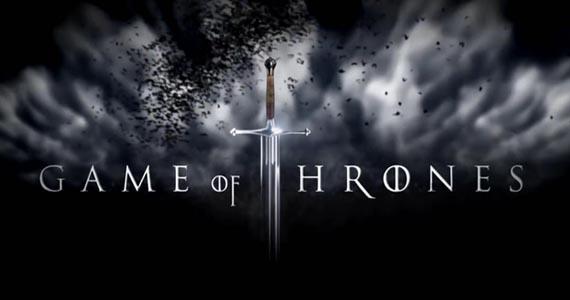Here’s the reality of life in 2019. Contracts for service… that idea’s going away. Right now, DIRECTV still requires 2-year commitments for new and upgrading customers. This isn’t new, and it goes back 20 years to when DIRECTV started giving equipment and installation away for free. That move helped them compete with cable companies, and it made sense at the time.
However, this kind of service commitment is becoming more and more rare. Pretty much all cell phone companies have moved away from contracts and the very idea of streaming services is tightly tied to canceling whenever you want. Should AT&T be worried about that?
First, let’s define the terms.
“Churn” is an industry term for people who cancel service. Originally I heard it just related to people who ditched as soon as they possibly could. For example, when their two-year commitment was up. In the last decade I’ve heard it used more generally for people who drop any sort of service.
It’s one thing to churn out of your cell phone provider or TV provider. This usually takes some planning. You’ll need to work with a new company, get new hardware, and sometimes plan for installation. For this reason, churn is pretty low in these industries. For example, a monthly churn of more than 1% can be cause for concern with a TV provider.
However, there’s a whole new level of churn to worry about. Streaming services like HBO NOW tell you that you can sign up whenever you want, cancel anytime. That’s the appeal. In the past if you had HBO as part of your TV package, you might remember to cancel it when your favorite show ends. It generally took calling the TV provider and they would often offer you a discounted rate to keep you for a few more months. They hoped you would either find a new favorite show, or forget to cancel. Streaming churn turns this whole idea on its head
Why we’re talking about streaming churn today
A few weeks ago, the most successful pay-TV/streaming series in history ended. Of course I’m talking about Game of Thrones. This show has been a jewel in HBO’s crown for almost a decade, and HBO is now part of AT&T. There’s been a lot of talk about how the show’s ending would bring about massive cancellations and massive churn. So far we haven’t seen that, but we’ll know more after AT&T announces its quarterly results sometime after July 1.
Obviously this is something that AT&T has been worried about. They aired their “making of” documentary a full two weeks after the finale, and to me this was a clear indication that they were trying to get people to stick around. Will it be enough? I don’t know.
How you fight streaming churn
Obviously, the key to fixing the churn problem is, more content. For decades, HBO was thought of as a movie channel. Then it became known as a channel with one “halo” series at a time. Sex and the City, Sopranos, Deadwood, Rome… these aired one at a time with a gaps in between. This made sense because it took time for people to cancel. That’s changed. You might have noticed that in the last year or so, HBO has had more original series and that they run at the same time.
That’s right, the people at AT&T brought a new philosophy to HBO: people can watch more than one show on your network at a time. That sounds catty, I know. But it seems like common sense and yet HBO’s former executives never saw it. If you look at HBO’s summer schedule, it’s fuller than its ever been.
HBO continues its original programming slate with new episodes of Big Little Lies this summer at the same time it’s premiering Axios, Los Espookys, and Euphoria. These shows may not be your personal cup of tea, but there sure is a lot to choose from. This is even more true as HBO continues to offer a decent slate of movies and sports on an ongoing basis.
Does AT&T have anything to worry about?
I think other streaming services certainly ought to worry. I look at HBO’s competitors and I don’t see nearly the same commitment to new programs, especially multiple programs at a time. In general, the streaming industry should be worried about churn, but I think that worry will lead to stronger product offerings. As recently as a few years ago, industry insiders thought of Game of Thrones as HBO’s only asset. It never was, of course – there was always a lot of great content to choose from. The key is making sure it keeps coming. At the moment, I’m not worried about HBO. The other folks… well that’s up to them.





